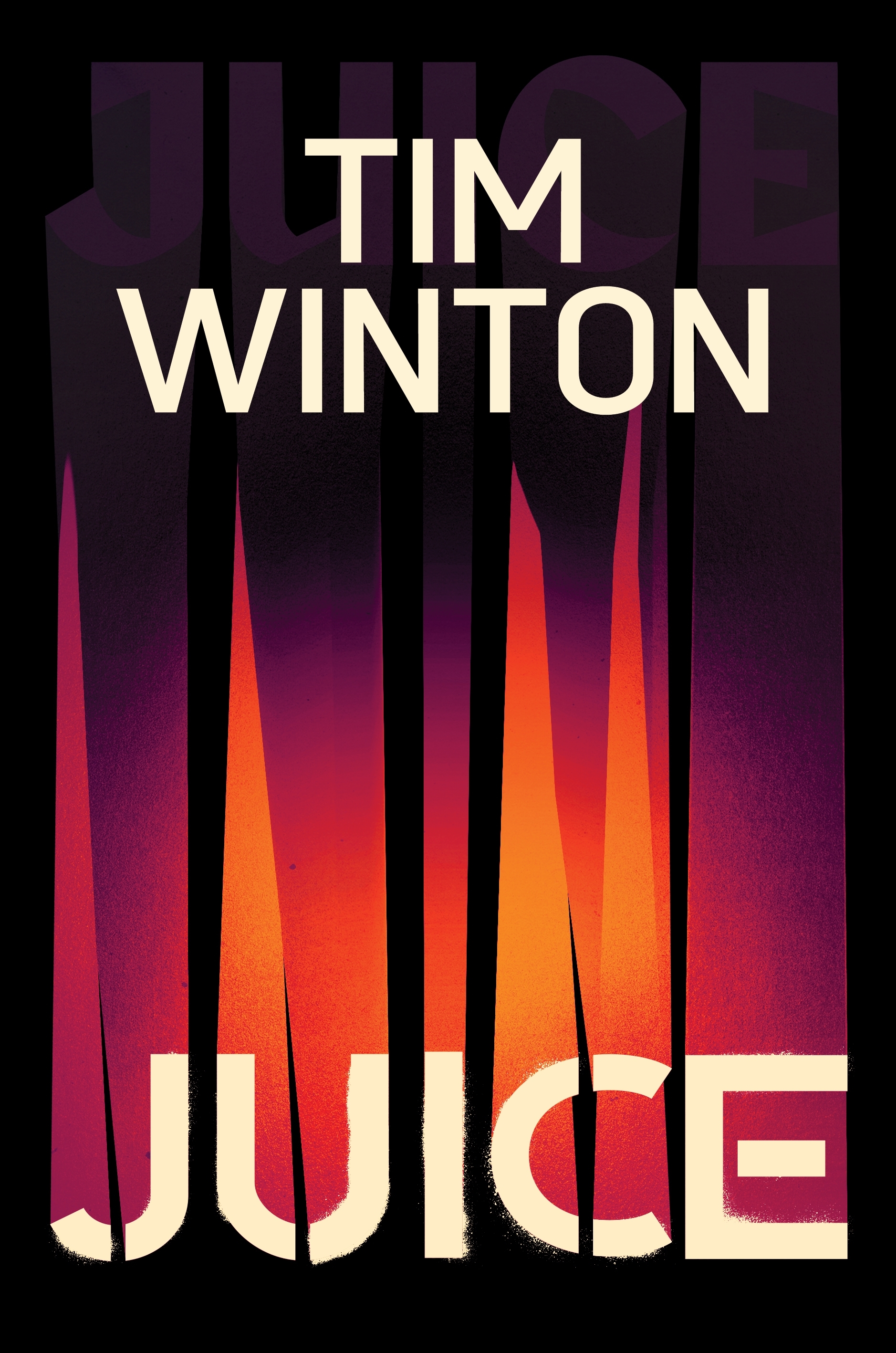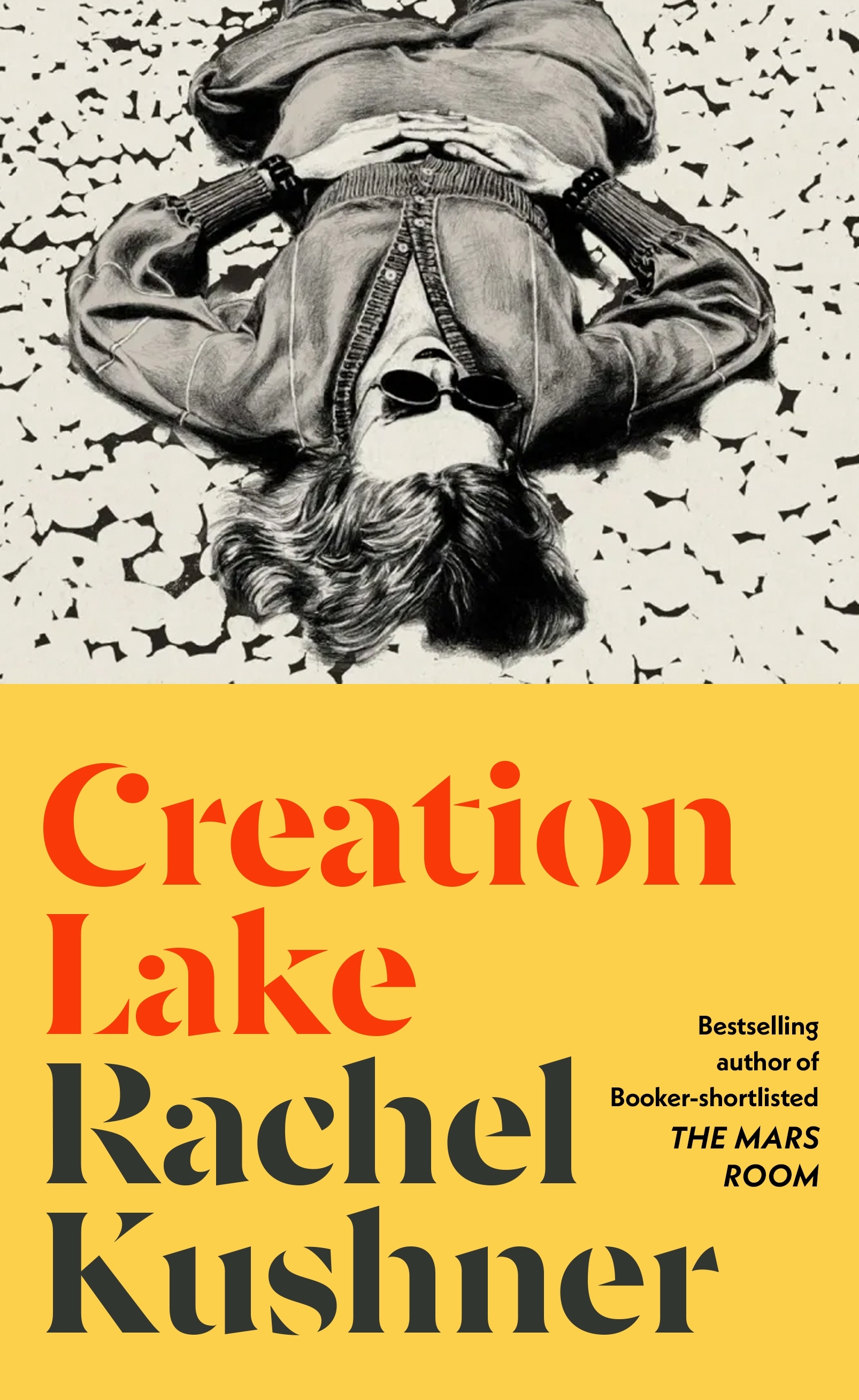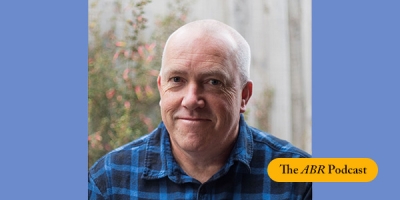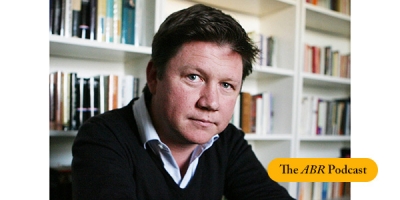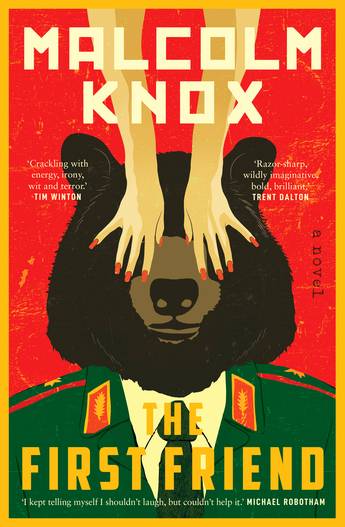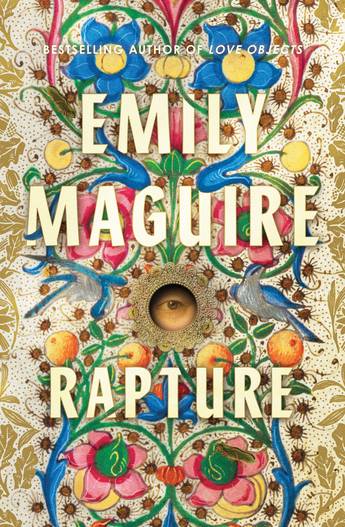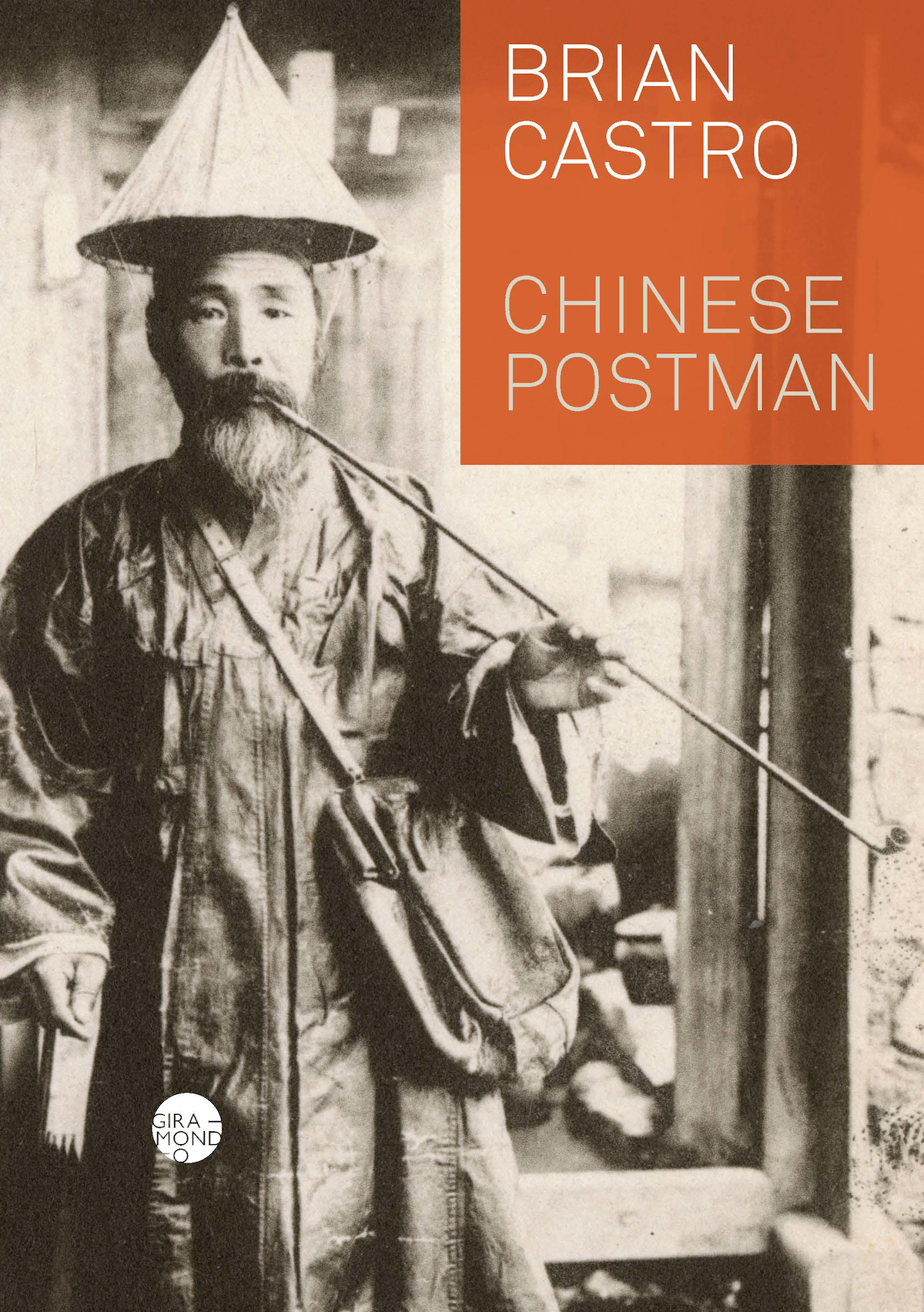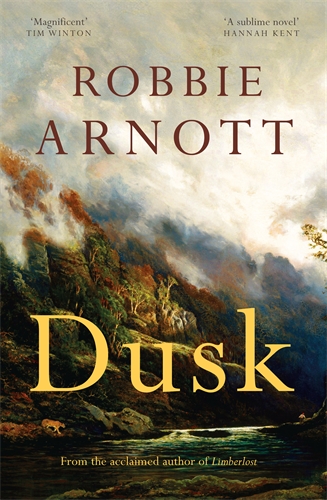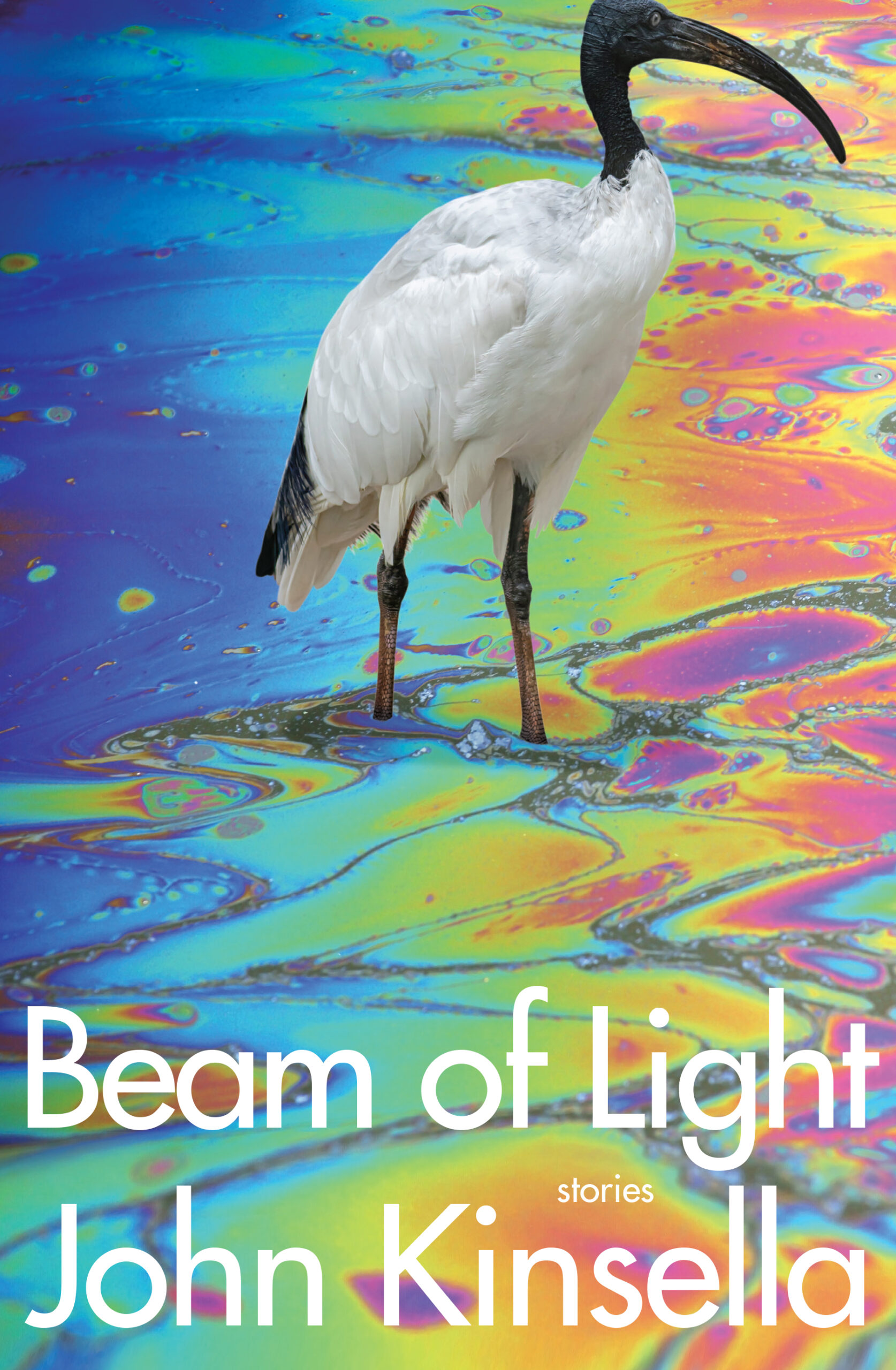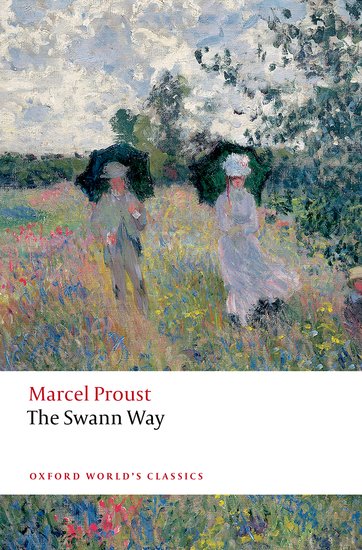Fiction
Clocking in at 513 pages, Tim Winton’s new novel carries all the apparatus of a major publishing event. Juice is an ambitious work, technically very skilful, which seeks to delineate not only a dystopian prospect of the planet’s future but also an alternative, revisionist version of its historical past.
... (read more)The recent discovery of Neanderthal remains in a cave in France is timely for Rachel Kushner’s latest novel, Creation Lake, which opens with the question: ‘What is a human being?’ Timely, because this novel deals with the question in a largely archaeological manner, focusing on that nebulous point in history when Neanderthals and Homo sapiens parted ways. The former, it seems, went quietly into extinction; the latter, with their cunning intellect and knack for not knowing what is good for them, went on to create the socio-environmental mess we find ourselves in today.
... (read more)This week on The ABR Podcast, Michael Winkler reviews Chinese Postman by Brian Castro. ‘Reading Castro for plot is like listening to Bob Dylan for melody,’ says Winkler of the prize-winning author of eleven novels. Michael Winkler was the winner of the 2016 Calibre Essay Prize and is the author of Grimmish. Listen to Michael Winkler’s ‘Giving up mirrors: Brian Castro’s soaring stridulation’, published in the October issue of ABR.
... (read more)This week on The ABR Podcast Geordie Williamson reviews Highway 13, a collection of short stories by Fiona McFarlane. Each story is concerned with murder, that ‘ultimate de-creative act’, and might be thought of as true crime, given the real-world familiarity of characters, places, plots. Geordie Williamson is a literary critic, editor and the author of The Burning Library: Our greatest novelists lost and found. Listen to Geordie Williamson’s ‘A chorus of souls: Fiona McFarlane’s discursive theodicy’, published in the September issue of ABR.
... (read more)Whenever I spot the new flyers of our university’s student communist club, all I can do is admire the gumption. Talk about seriously swimming against the tide, the political equivalent of hawking CDs in a Spotify world. When just broaching the topic of negative gearing can torpedo a major political party in this country, what chance is there that the kids are going to abolish private property altogether? The truth is that communism’s only active role in the West today is playing the bogeyman, a danger label to be slapped on anything conservatives find insufficiently conservative. See, for example, the current US vice-president, who had only to politely request a little more corporate tax, please, sir, and voila, she’s Comrade Kamala, cackling her way to the gulag.
... (read more)The story of the only female pope (to date) emerged in the thirteenth century, and for some time thereafter was widely disseminated in Europe. She was initially alleged to have lived in the twelfth century, but what would become the best-known version of the story placed her election as pope in the year 855. The pontificate of ‘John Anglicus’ was said to have lasted for approximately two and a half years, between those of Leo IV and Benedict III. The story, which may have originated as parody, flourished in credence. The head of ‘Johannes VIII, Femina de Anglia’ was included in a series of busts of the legitimate popes in the nave of the Cathedral of Siena until 1600, when Pope Clement VIII ordered its removal and formally declared that the impostor pope had never existed. With no contemporary evidence substantiating the audacious tale of ‘Pope Joan’, it appears to have been a kind of medieval urban legend. Despite this, her appeal to artists and writers persists, adaptations of the story including two film versions, novels, plays, and (premièring in 2011) a musical.
... (read more)In Street to Street (2012), Brian Castro wrote, ‘It was important that he was making the gesture, running in the opposite direction from a national literature.’ In Chinese Postman, Castro’s protagonist Abraham Quin is ‘through with all that novel-writing; it’s summer reading for bourgeois ladies’. Quin is a Jewish-Chinese former professor, bearing sufficient similarities to the author to function as an avatar. Quin and Castro are the same age, have written the same number of books, and live in the same place (the Adelaide Hills). Sometimes Quin speaks as Quin, sometimes the author chooses to make his ventriloquism evident, and sometimes the identity of the narrator is unclear, but the voice is always raffish, erudite, mercurial.
... (read more)Readers familiar with Robbie Arnott’s fiction will have some expectations about the kind of book the author is likely to conjure. Dusk sits comfortably inside the thematic and narrative territories he has previously explored, particularly in The Rain Heron (2020) and the wonderful Limberlost (2022). Dusk features Arnott’s typically vivid descriptive prose and his concern with the natural world and our place within it. Dusk generates pathos with delicate expertise and mixes genres while retaining a strong semblance of realism.
... (read more)John Kinsella may well be Australia’s most prolific author – of poetry, fiction, short fiction, non-fiction. His extensive body of work is renowned for its obsessive concern, its fixation even, with a single place: the Western Australian wheatbelt, where Kinsella has spent most of his life. While psychoanalysis has fallen out of favour, Kinsella’s regionalism has the character of a repetition compulsion, a syndrome Freud related to unresolved trauma. In fact, what often underlies Kinsella’s repeated envisioning of the wheatbelt is the unresolved trauma of colonialism, as the land and all who rely on it – people but also animals and plants – suffer from the impacts of modernity. In this new short-story collection, Beam of Light, colonial ecocide provides the background for almost every story. At the foreground is a misfit, a figure certainly not unrelated to the colonial condition.
... (read more)The Swann Way by Marcel Proust, translated from the French by Brian Nelson
For German literary critic Walter Benjamin, translation belongs to the ‘afterlife’ of a work, by which he means the ‘transformation and a renewal of something living’. In this sense, a new translation extends this afterlife, renews and sustains it. This does not mean every new translation is worthy of the original, but it does bring it back into the light.
... (read more)

